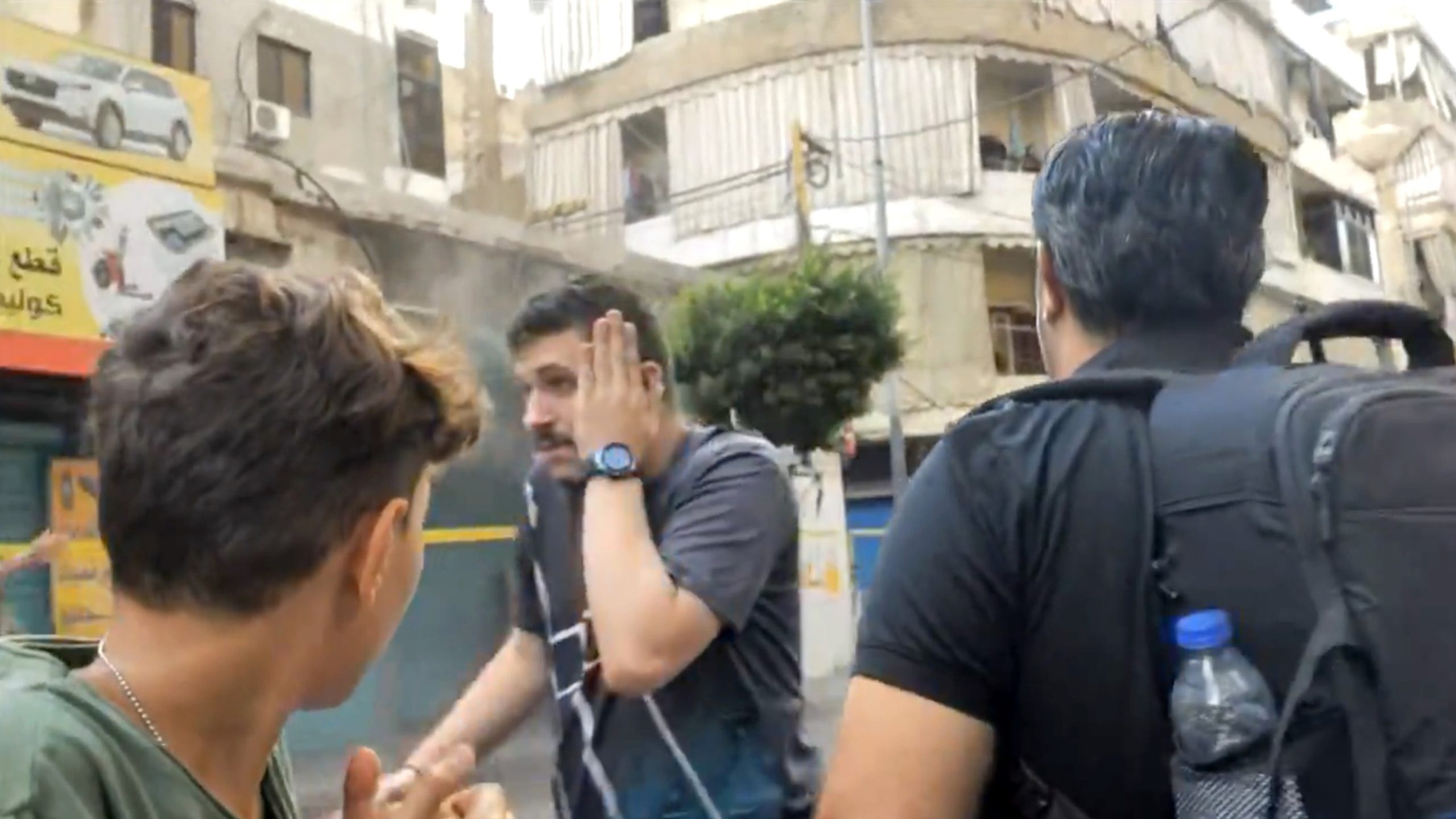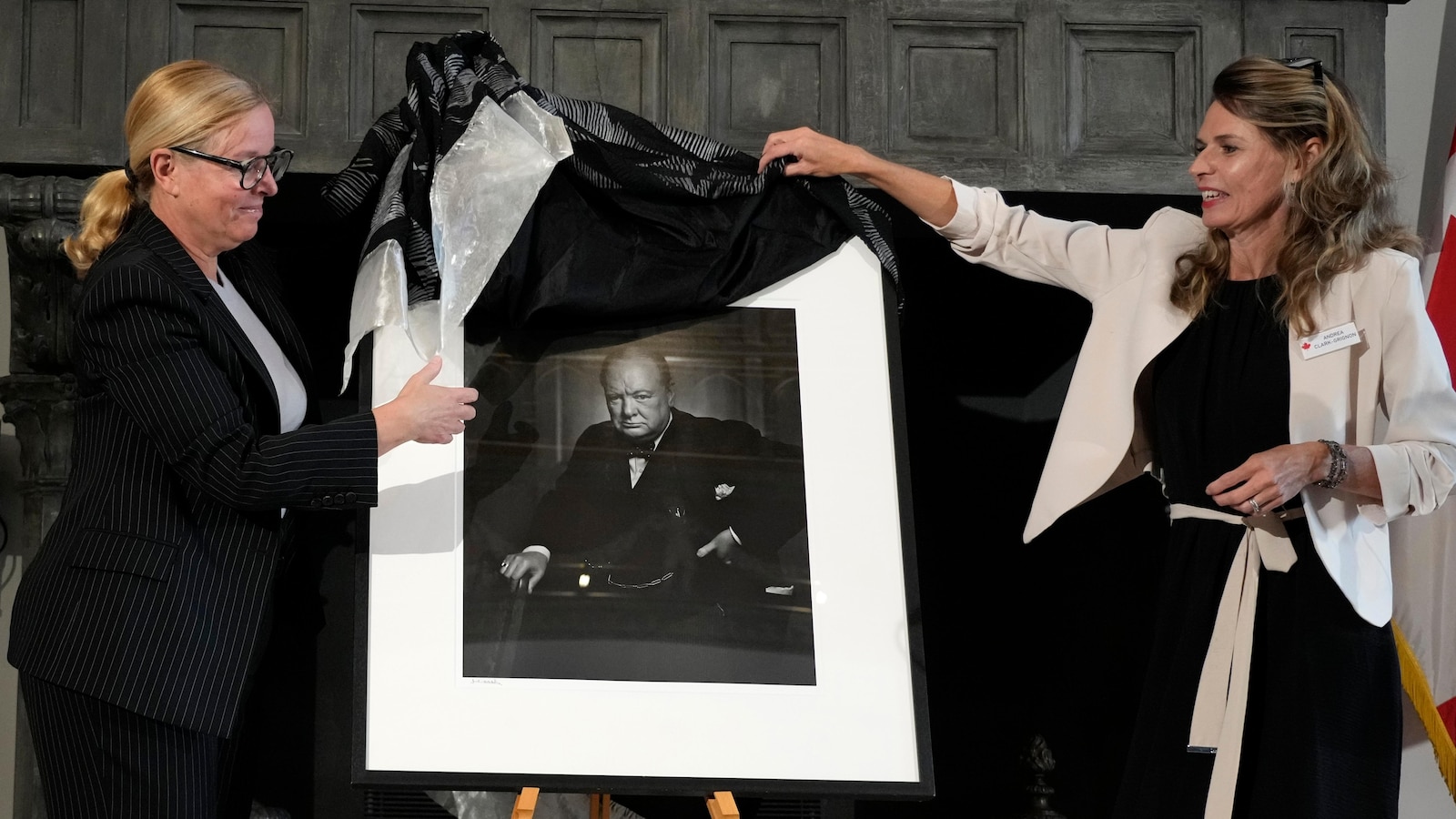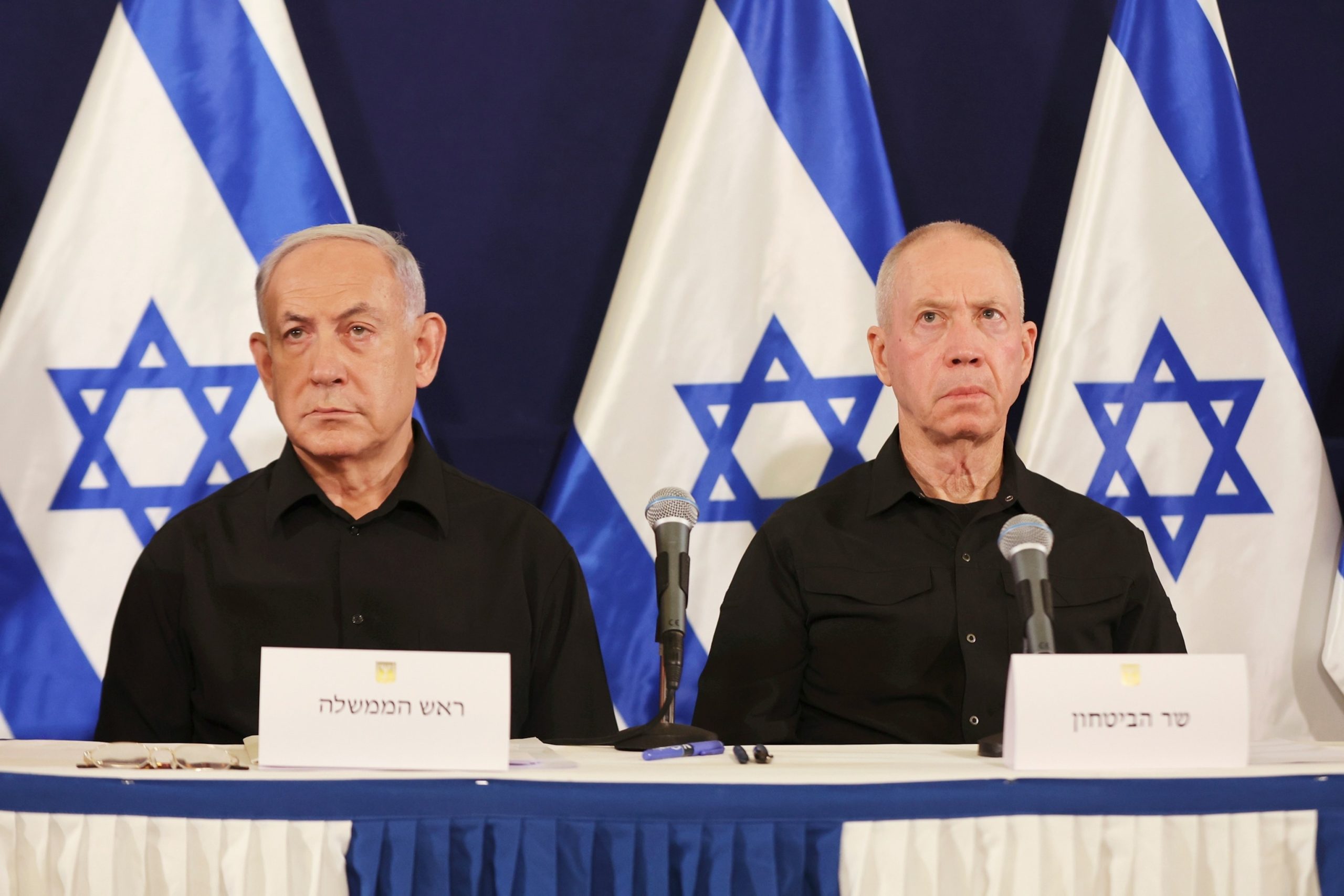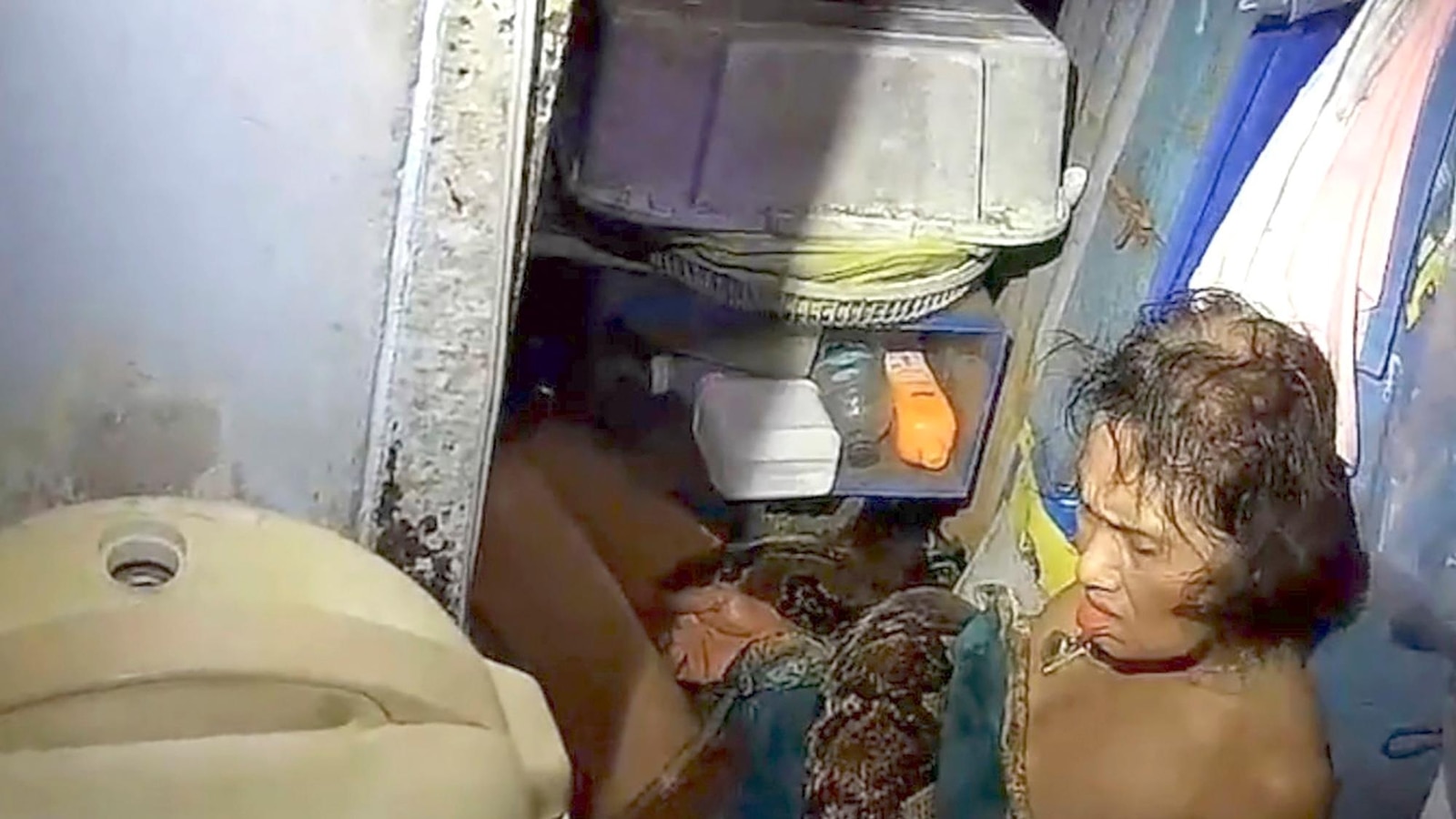LONDON — Israel launched a series of strikes on Hezbollah targets Thursday as the war against the Lebanon-based group widened in the wake of two consecutive days of explosions triggered in wireless devices.
“The IDF is currently striking Hezbollah targets in Lebanon to degrade Hezbollah’s terrorist capabilities and infrastructure,” the Israeli army said. “The Hezbollah terrorist organization has turned southern Lebanon into a combat zone. For decades, Hezbollah has weaponized civilian homes, dug tunnels beneath them, and used civilians as human shields.”
The threat of a wider war is looming over the Israel-Lebanon border. The last two days of explosions, triggered remotely with explosives inside pagers or walkie-talkies, have killed at least 37 people and wounded 2,931, Lebanese Health Minister Firass Al-Abyad said in a press conference Thursday.
Prior to announcing the strikes, Prime Minister Benjamin Netanyahu restated his intention of returning tens of thousands of displaced Israelis to their homes in the north of the country, parts of which have been emptied by the threat of Hezbollah attacks.
Defense Minister Yoav Gallant, meanwhile, said the “center of gravity” of Israel’s 11-month-old war against Hamas and its backers “is shifting” from the Gaza Strip to the northern border with Lebanon.
The Israeli rhetoric was punctuated by the two waves of explosions in Lebanon.
Pager devices exploded on Tuesday prompting chaos in the capital Beirut and across the Hezbollah militant group’s southern heartland. On Wednesday, walkie-talkies exploded, some during funeral processions being held for militants killed in Tuesday’s explosions.
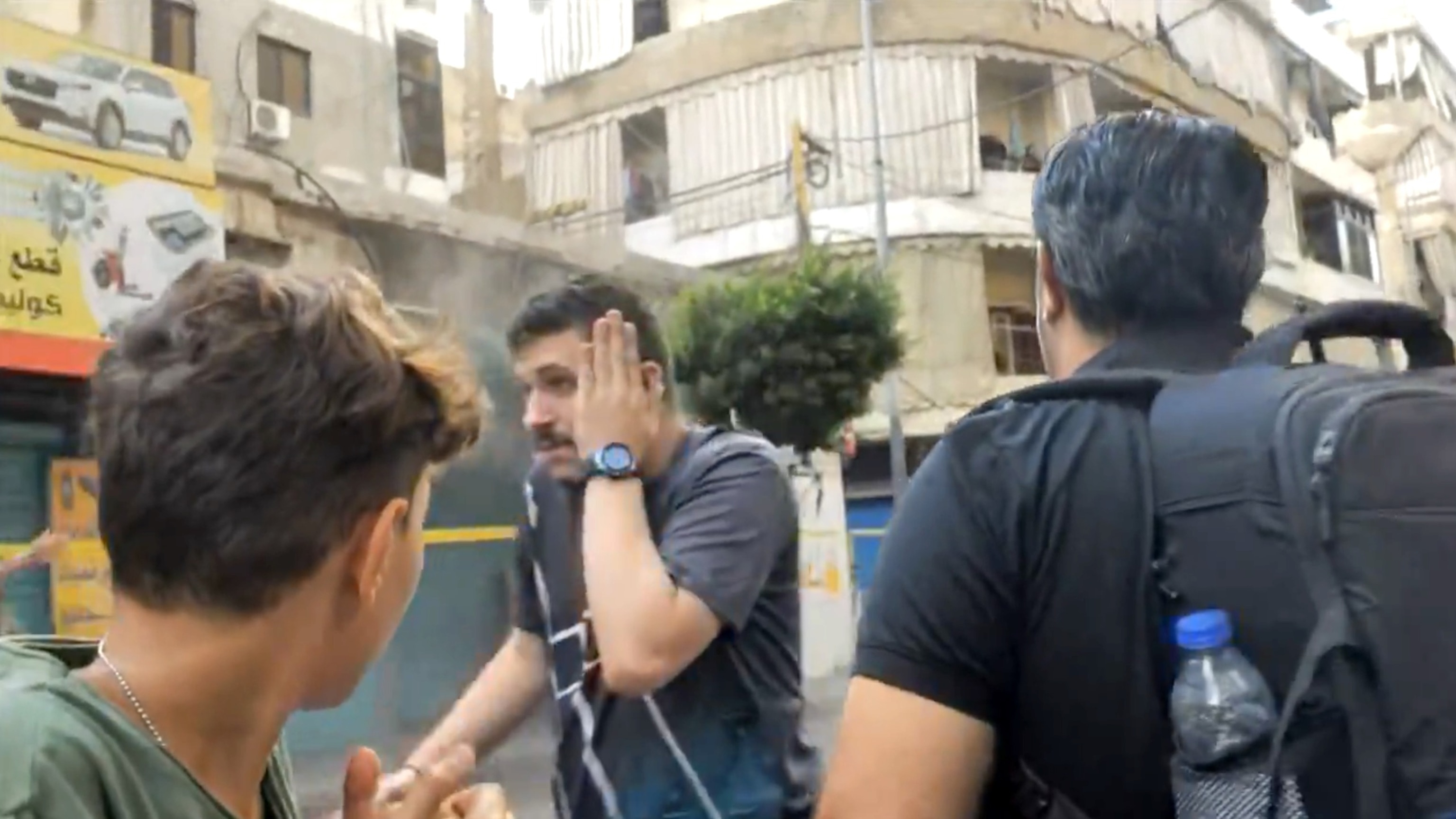
People attending a funeral for victims of Tuesday’s pager attacks in Lebanon react after an explosion in a store, in southern Beirut, Sept. 18, 2024.
ABC News
An ABC News source confirmed that Israel was behind the Tuesday pager attacks. Israeli leaders have not publicly commented on either round of explosions.
The Lebanese Health Ministry said 12 people were killed and 2,323 wounded in Tuesday’s pager detonations, and another 25 people were killed and 608 wounded in Wednesday’s walkie-talkie blasts, according to Al-Abyad.
The Lebanese health minister told reporters that he does not want to comment on security and political matters, but he said “it is certain that what happened in terms of aggression is considered a war crime, as the majority of the injuries were recorded in civilian areas and not in the battlefield, and the government is doing its duty and has called for a meeting of the U.N. Security Council, and human rights organizations are doing their duty on this issue.”
Hezbollah said 20 of its members were killed in Wednesday’s walkie-talkie explosions. Another 11 were killed in Tuesday’s pager explosions in Lebanon and Syria, bringing the overall death toll for the group to 31.
The Iranian-backed group blamed Israel for both waves of explosions and vowed a “reckoning.” Hezbollah leader Hassan Nasrallah is due to address the situation in a public address on Thursday afternoon.
The militant group claimed several retaliatory strikes into Israel this week — including on Thursday morning — with Israel Defense Forces warplanes and artillery responding.
Cross-border fire has been near-constant since Oct. 8, when Hezbollah began attacks in protest of the Israel Defense Forces operation into the Gaza Strip — the response to Hamas’ Oct. 7 infiltration attack into southern Israel.
But as Gallant told reporters on Wednesday, “I believe that we are at the onset of a new phase in this war.”
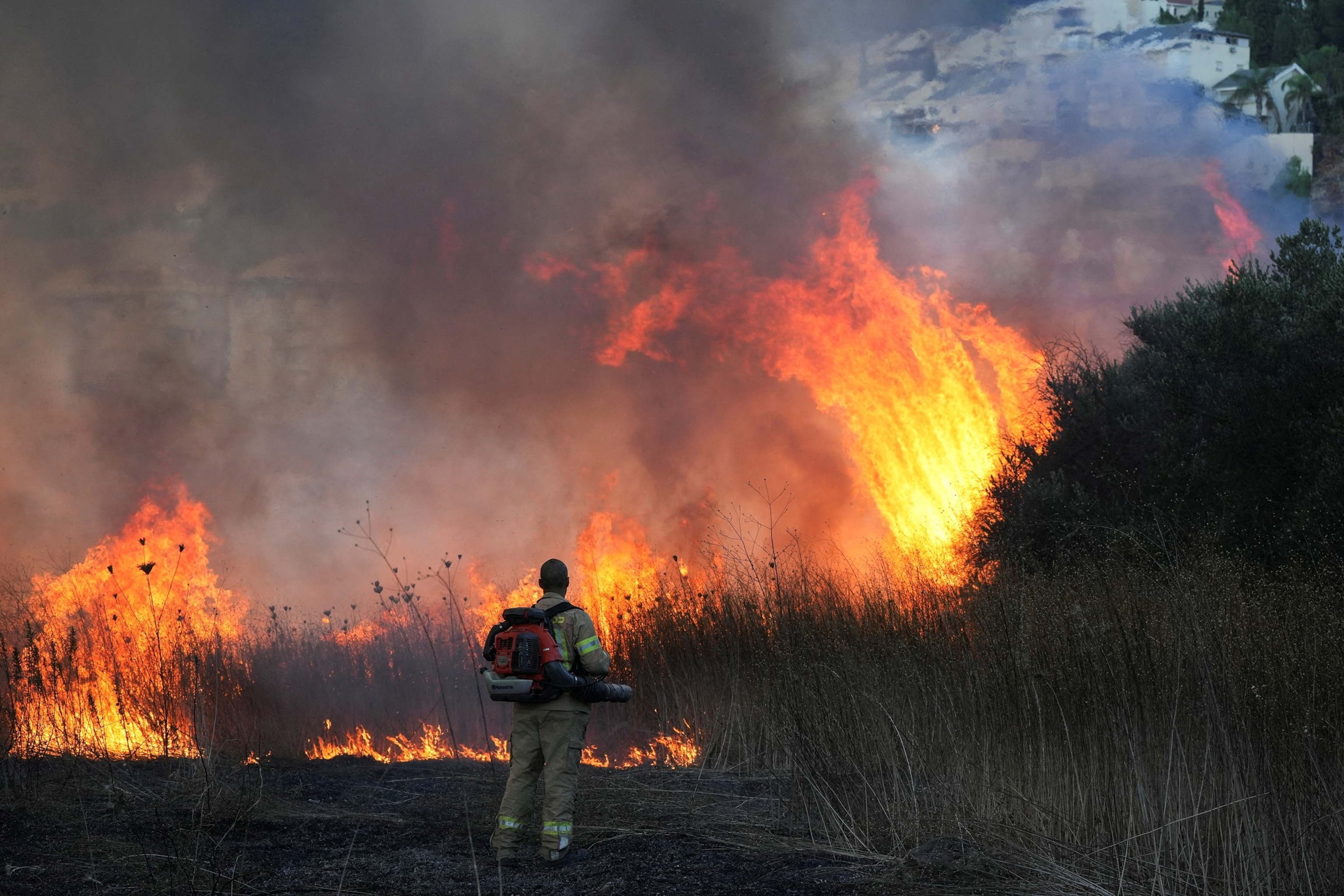
A firefighter works to put out a blaze after rockets were fired from Lebanon towards Israel, amid cross-border hostilities between Hezbollah and Israel, in Kiryat Shmona, northern Israel Sept. 18, 2024.
Ayal Margolin/Reuters
A source confirmed to ABC News on Wednesday that Israel’s 98th Division is being deployed from Gaza battlefields to the north of the country.
“We are determined to change the security reality as soon as possible,” Maj. Gen. Ori Gordin, head of the IDF’s Northern Command, said. “The commitment of the commanders and the troops here is complete, with peak readiness for any task that will be required.”
The war, U.S. officials have long warned, could spiral into a broader conflict involving Iran — a prime benefactor of both Hezbollah and Hamas.
Notable casualties demonstrated the multinational nature of the crisis. A detonating pager injured at least 14 people in Syria, where both Hezbollah and Iranian forces have been active for several years in support of its President Bashar al-Assad.
Iran’s ambassador to Lebanon, Mojtaba Amini, was also among the thousands injured, Iranian officials said. Tehran “will duly follow up on the attack against its ambassador in Lebanon,” the country’s ambassador to the United Nations said in a letter to U.N. leaders on Wednesday.
Israel and Iran have already exchanged significant strikes since Oct. 7. Israel assassinated a top Islamic Revolutionary Guards Corps commander Mohammad Reza Zahedi in Syria in April and Hamas leader Ismail Haniyeh in Tehran in July. Iran fired a huge barrage of drones and missiles toward Israel in response to Zahedi’s killing.
This week’s bombings in Lebanon raised the possibility of further action, whether overt or covert. Police announced on Thursday that an Israeli citizen was arrested on suspicion of working with Iranian intelligence to assassinate leaders including Netanyahu and Gallant.
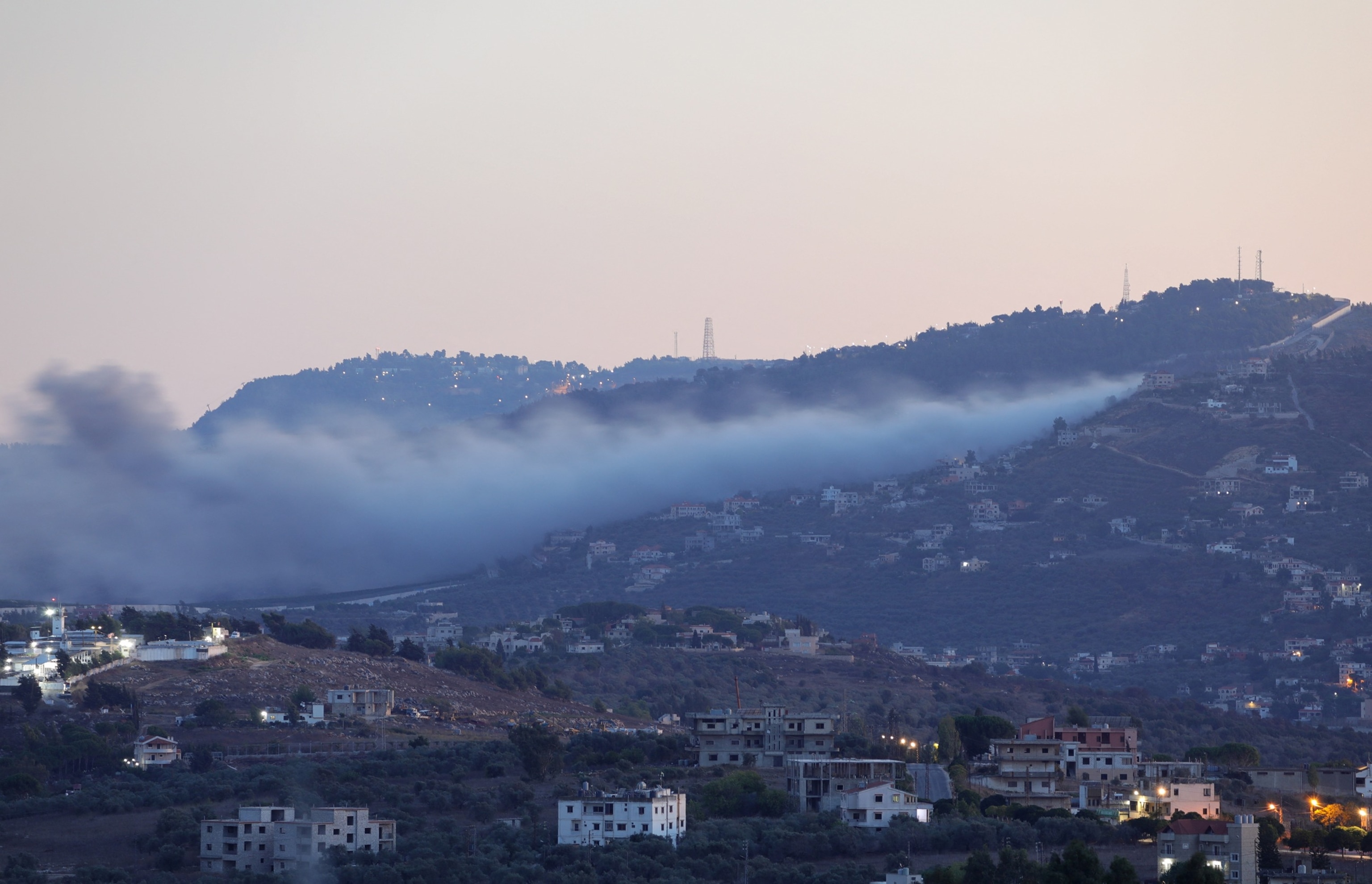
Smoke rises from the southern Lebanese village of Kfar Kila, amid ongoing cross-border hostilities between Hezbollah and Israeli forces, as pictured from Marjayoun, near the border with Israel, Sept. 18, 2024.
Karamallah Daher/Reuters
Secretary of State Antony Blinken reiterated U.S. appeals for calm during a press conference in Egypt on Wednesday, where he traveled for fresh Gaza cease-fire talks.
“Broadly speaking, we’ve been very clear, and we remain very clear about the importance of all parties avoiding any steps that could further escalate the conflict that we’re trying to resolve in Gaza,” Blinken said.
A conflict spreading to other fronts, he added, is “clearly not in the interest of anyone involved.”
The U.S., Blinken and other American officials said, were not involved in or pre-briefed on the remote explosions that rocked Lebanon on Tuesday and Wednesday.
Gallant spoke with Defense Secretary Lloyd Austin three times in two days, the latest conversation on Wednesday reaffirming the “unwavering U.S. support for Israel in the face of threats from Iran, Lebanese Hezbollah, and Iran’s other regional partners” and the need for de-escalation, a Pentagon readout said.
U.S. officials were notified by Israeli counterparts on Tuesday that they were planning an operation against Hezbollah, but did not provide any details about what they were going to do, U.S. officials said.
ABC News’ Ghazi Balkiz, Will Gretsky, Morgan Winsor, Luis Martinez, Shannon K. Kingston, Ellie Kaufman, Nasser Atta and Jordana Miller contributed to this report.
Israel conducted a series of airstrikes on Hezbollah targets in southern Lebanon following a string of device explosions along the border between the two countries. The airstrikes were in response to the explosions, which Israel believes were planted by Hezbollah operatives in an attempt to target Israeli forces.
The device explosions occurred near the Israeli-Lebanese border, with one explosion damaging an Israeli military vehicle. No casualties were reported in the incidents, but the Israeli military responded swiftly with airstrikes on Hezbollah positions in southern Lebanon.
Hezbollah, a Shiite militant group based in Lebanon, has been a long-standing adversary of Israel and has engaged in multiple conflicts with the Israeli military over the years. The group is backed by Iran and has been designated as a terrorist organization by several countries, including the United States and Israel.
The recent escalation of tensions between Israel and Hezbollah comes amid heightened regional tensions in the Middle East, particularly with regards to Iran’s influence in the region. Israel has repeatedly expressed concerns over Iran’s support for Hezbollah and other militant groups in the region, viewing them as a threat to its security.
The airstrikes on Hezbollah targets in southern Lebanon mark a significant escalation in the ongoing conflict between Israel and the militant group. The Israeli military has stated that it will continue to take action against any threats to its security, including those posed by Hezbollah.
The situation remains tense along the Israeli-Lebanese border, with both sides on high alert for further escalations. The international community has called for restraint and de-escalation of tensions in order to prevent further violence and instability in the region.
As the situation continues to unfold, it is clear that the conflict between Israel and Hezbollah remains a volatile and complex issue that has the potential to further destabilize an already turbulent region. Both sides must exercise caution and restraint in order to prevent further violence and bloodshed.
